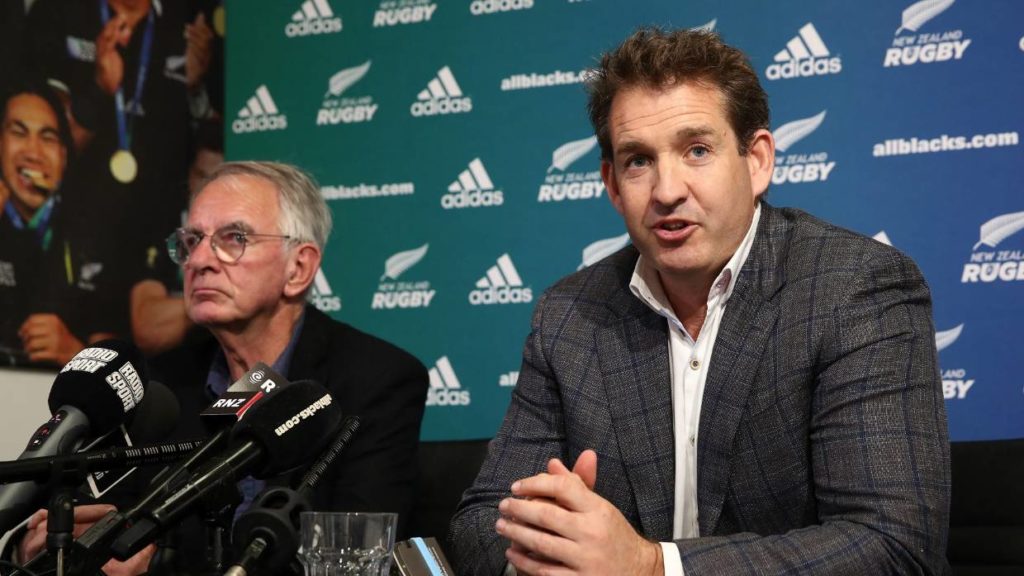Daily symptom and temperature checks for players will form part of the safety protocols for New Zealand to restart the domestic form of Vodacom Super Rugby.
The Kiwi domestic competition, called Super Rugby Aotearoa, will start on 13 June, involving the Blues, Chiefs, Hurricanes, Crusaders and Highlanders, allowing players four weeks to adequately prepare with contact training.
READ: Live rugby to return mid-June
NZR chief executive Mark Robinson said they always knew they had to take the government’s lead on when it was safe for rugby to return, and now it was critical the sport did everything to mitigate the further spread of Covid-19, with New Zealand downgrading to alert level 2 on Thursday.
‘Medical and operational staff across NZR, the Players’ Association and the clubs have been working together to ensure we have detailed plans in place to protect the health and safety of everyone involved.’
NZR medical manager Karen Rasmussen said a set of protocols for playing professional rugby at level 2 had been developed and will be endorsed by the Government.
She said the protocols include daily symptom and temperature checks for players, team management and other officials involved in the competition, as well as stringent hygiene and cleaning, contact tracing practices, and asking anyone who feels unwell to stay away, self-isolate and get tested.
‘A major factor will be ensuring we control who enters the team bubbles and that we have necessary measures in place to mitigate against any risk to the health of all team members, as well as the health of their families and the wider community,’ said Rasmussen.
‘Team members will be asked to minimise their contacts outside of the team environment and their family bubbles.’
The teams will also fly in and out on match days by charter flights, with the earlier kick-off times allowing teams time to return to their home bases after the games.
ALSO READ: SA Rugby eyeing August/September return?
Summary of the Covid-19 protocols for professional rugby at level 2:
- Daily symptom and temperature checks by team medical staff.
- Asking anyone who feels unwell to stay away, self-isolate and get tested. Any illnesses within family bubbles must be reported, with immediate testing for anyone with Covid-19 symptoms.
- Each team will be asked to have its own contact-tracing measures.
- Extensive education of players and management by medical staff about everything from hygiene to food preparation and the use of equipment.
- Stringent hygiene and cleaning practices of both team bases and match venues.
- Strict controls and records of who can access team bases and match venues.
- Encouraging players and management to minimise their contacts outside of the team environment and their family bubbles.
- Teams will travel by charter flights to matches and the team buses will go direct from the airport to the match venue.





